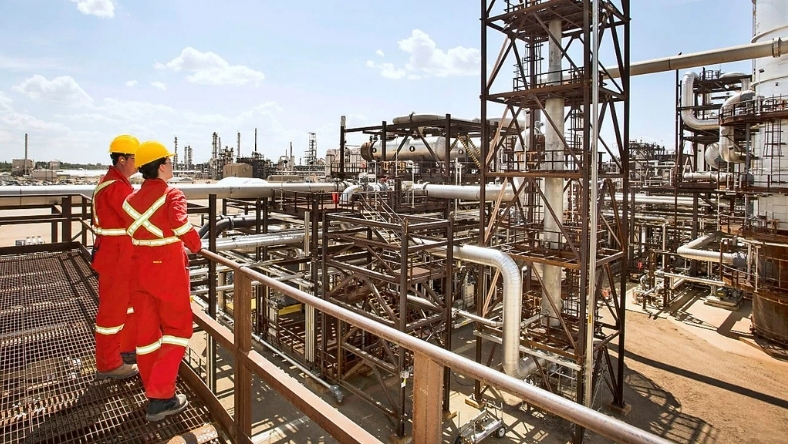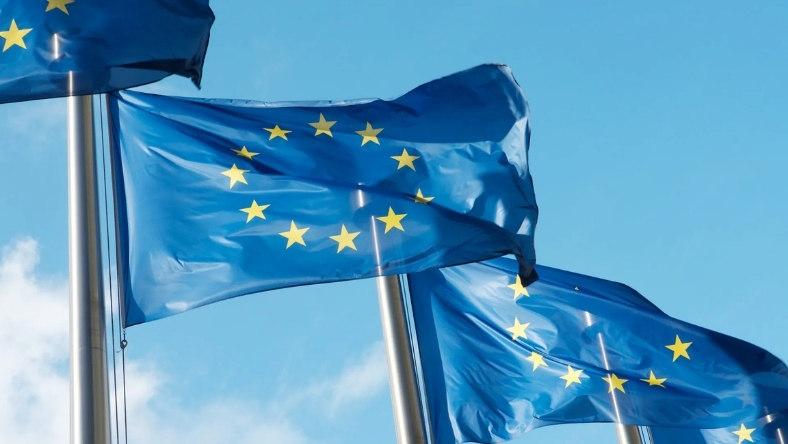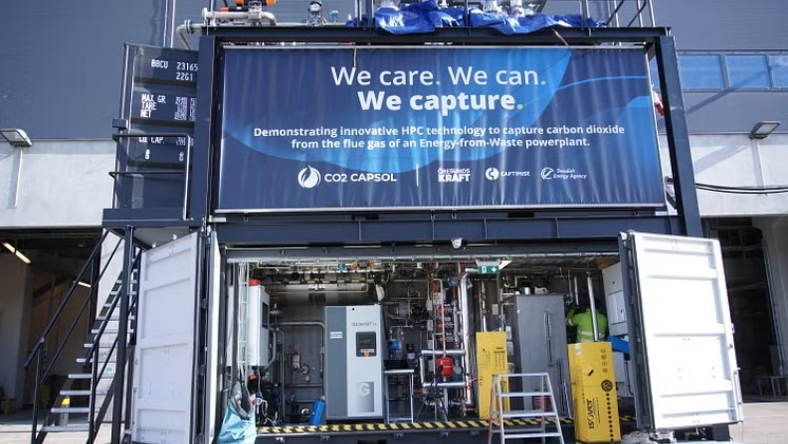RESEARCH
Europe’s New Carbon Play: Science Meets Industry
Over 200 research projects led by Equinor and LanzaTech are reshaping Europe’s carbon capture strategy
7 Nov 2025

Europe’s transition to net zero is increasingly being shaped by a surge in research and development in carbon capture, utilisation and storage (CCUS). Once regarded as a niche climate tool, CCUS has become central to industrial research as governments and companies look to curb emissions while maintaining competitiveness in a low-carbon economy.
Rabobank Research estimates more than 200 CCUS projects are now in development across Europe, with the potential to capture up to 80mn tonnes of carbon dioxide annually by 2030. The expansion signals a move from small-scale trials to applied industrial science. “The data now supports what many have theorised for years,” said a senior Rabobank analyst. “Carbon capture is evolving from concept to essential infrastructure.”
Flagship initiatives are driving the shift. Norway’s Northern Lights project, led by Equinor, is testing large-scale CO₂ storage beneath the North Sea, offering a model for cross-border sequestration. LanzaTech’s research in carbon utilisation explores how captured emissions can be converted into fuels and raw materials through biotechnology. The Netherlands’ Porthos project complements these efforts by studying CO₂ transport and storage logistics for industrial clusters.
Together, these programmes represent a growing research network that connects CCU and CCS pathways, forming the foundation of Europe’s carbon management ecosystem. Collaboration between universities, corporate laboratories and state-funded programmes is strengthening technical standards and assessing long-term impacts.
Researchers warn, however, that infrastructure investment and policy coordination must match scientific progress. Without consistent EU-wide frameworks and financial support, scaling beyond pilot projects could be delayed. Still, industry sentiment remains positive. “Europe’s CCUS research is now moving from theory to transformation,” said one expert.
As Europe’s research landscape matures, it is influencing both industrial deployment and policy design, linking scientific discovery with the region’s broader decarbonisation goals.
Latest News
13 Feb 2026
AI Speeds Europe’s Hunt for Carbon Storage12 Feb 2026
EU Sets Voluntary Rules for Carbon Removals11 Feb 2026
Modular Carbon Capture Tested at Cement Plant10 Feb 2026
Europe’s CO₂ Hub Alliance Pushes Cross-border Storage
Related News

RESEARCH
13 Feb 2026
AI Speeds Europe’s Hunt for Carbon Storage

REGULATORY
12 Feb 2026
EU Sets Voluntary Rules for Carbon Removals

INNOVATION
11 Feb 2026
Modular Carbon Capture Tested at Cement Plant
SUBSCRIBE FOR UPDATES
By submitting, you agree to receive email communications from the event organizers, including upcoming promotions and discounted tickets, news, and access to related events.